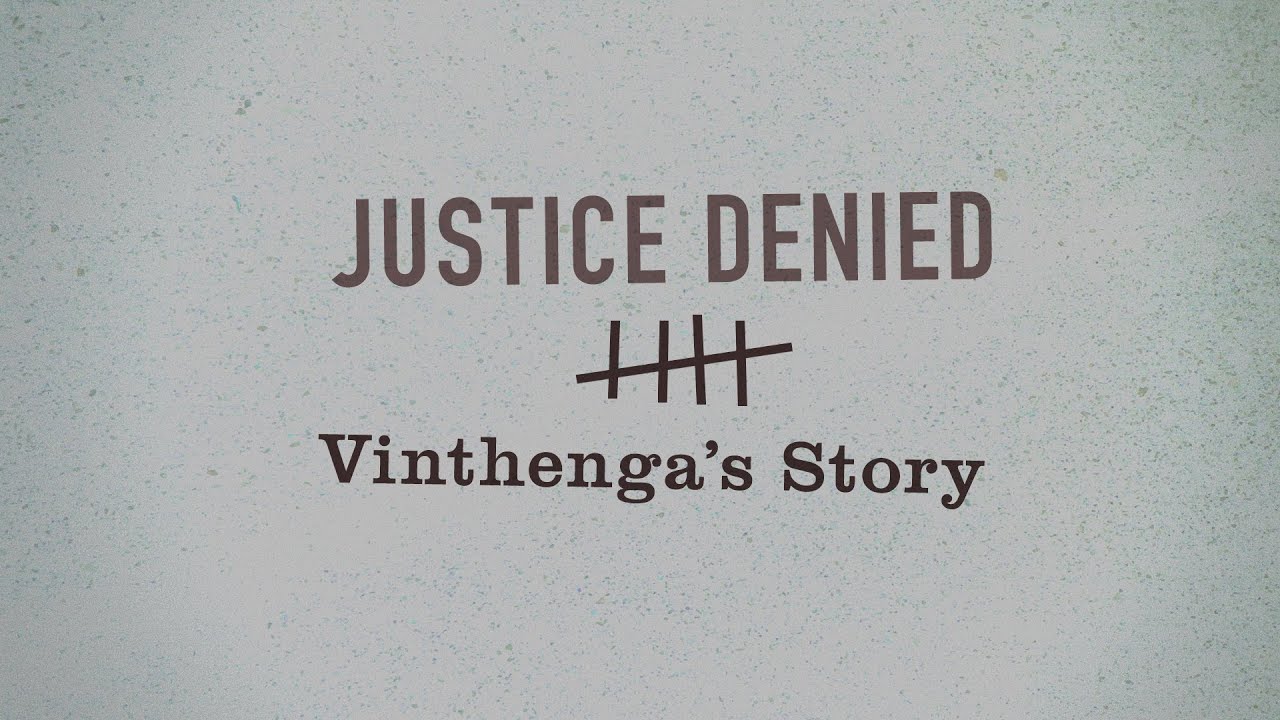@Faith and any other Network members with interest in this event, here are some of the take-aways I was able to gain by attending and my notes on the presentations. If you have any questions or comments about this event and the work discussed, feel free to contribute to the discussion below.
This event brought together academic and policy experts in the field of access to justice and rule of law. The speakers engaged in an in-depth discussion of their diverse research and experience in the field, covering how to measure the impact of their work, best practices, common problems, and necessary next steps to help spread access to justice as agreed upon under UN Sustainable Development Goal 16. Much of the discussion focused on the importance of making sure that the impact of this important work actually reaches the desired population in a tangible way, so that the poor and vulnerable can see a measurable improvement in access to justice.
For additional information on the event, please look to: the event flyer, the agenda, and ASF’s own event review. In addition, the following resources were handed out at the event: Detention in Tunisia, Perspectives on Preventive Detention in Burundi, and Commodification of Detainees in DRC.
Speaker’s Presentations:
Does legal aid services delivery to the poor lead to improve effective access to justice in fragile states?Lessons from an impact evaluation of a large scale legal aid program in Burundi by Julien Moriceau @julien, Research Coordinator at Avocats Sans Frontieres and PhD student at the Universite Catholique de Louvain, and Jean Benoit Falisse, Dphil candidate, Oxford Department of International Development
Moriceau and Falisse discussed the results of their study and working paper on the effectiveness of legal aid service delivery in rural Burundi. Their study aimed to find data linking the increase in the delivery of legal aid services to more effective access to justice. They studied legal practitioners working in 15 different municipalities in Burundi between 2011 and 2014. Among other results, their study showed that increased delivery of legal aid services led to greater use of the court system, but not necessarily an increase in appreciation for the judicial system.
Understanding the impact of legal problems on poverty and the individual at the household level by Bilal Murtaza Siddiqi, Economist at the World Bank’s Development Research Group and, Paul Prettitore, Senior Public Sector Specialist at the World Bank
Siddiqi and Prettitore presented research on impact measurement at the World Bank. Siddiqi discussed the ability of aid programs to extend the reach of and plug holes in formal justice systems in Liberia and Sierra Leone. Prettitore discussed his work on helping local partners pilot programs, specifically focusing on the Justice Center for Legal Aid in Jordan. He also mentioned an upcoming research project that will look at how unresolved legal problems impact poverty on an individual and household level.
The role of impact litigation in advancing access to justice among vulnerable populations by Macarena Saez, Faculty Director at WCL Center for Human Rights and Humanitarian Law
Saez discussed her work on impact litigation, explaining how this technique can be used to trigger structural change for the most vulnerable populations, including impoverished women.
Implementing Sustainable Development Goal 16 in the United States by Maha Jweid @mahajweied , Deputy Director for the Office for Access to Justice and the US Department of Justice
Jweid covered her work in placing the SDG Goal 16 on the agenda for the US government. She discussed the White House Legal Aid Interagency Roundtable and the outcomes it produced including a Toolkit on how and why to use civil legal aid across departments, the Civil Legal Aid Research Workshop Report. In addition, she discussed the importance of international engagement to accomplish Goal 16, highlighting the work of the Open Government Partnership.
Bottom-up Approaches to Measuring and Advancing Access to Justice by Elizabeth Andersen, Director at ABA Rule of Law Initiative
Andersen presented on measuring and advancing access to justice in the context of Goal 16. Specifically, she covered ABA ROLI’s experience with implementing the Access to Justice Assessment Tool, a framework that assesses whether a country or region provides adequate access to justice. She underscored the value of using a bottom-up approach to understand the experience and perspectives of the communities that justice systems serve.
Rediscovering Law and Reclaiming Justice in Myanmar: The Successes and Challenges of a Nascent Client-Centered Legal Aid Movement by Jake Stevens, Senior Capacity Development Expert at Avocats Sans Frontieres
Stevens presented on the challenges encountered in establishing justice systems in the transitioning political landscape of Myanmar. He discussed the breakdown of institutions and trust required to establish justice, and the ways that these are being rebuilt now.
Pre-trial detention in Sub-Saharan Africa: Its socio-economic impact and consequences by Martin Schoenteich, Senior Legal Officer at Open Society Justice Initiative
Schoenteich discussed the results of his research on the socio-economic impact of pretrial detention at the individual and household levels. He highlighted the issue of extreme poverty, and the impact that prolonged pre-trial detention can have on an individual as well as their family and community. He concluded with a video of Vinthenga’s Story, explaining the costs of pretrial detention as told from one Malawian man’s story, the video is available here:

